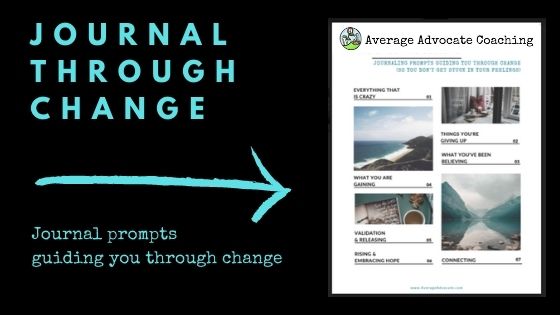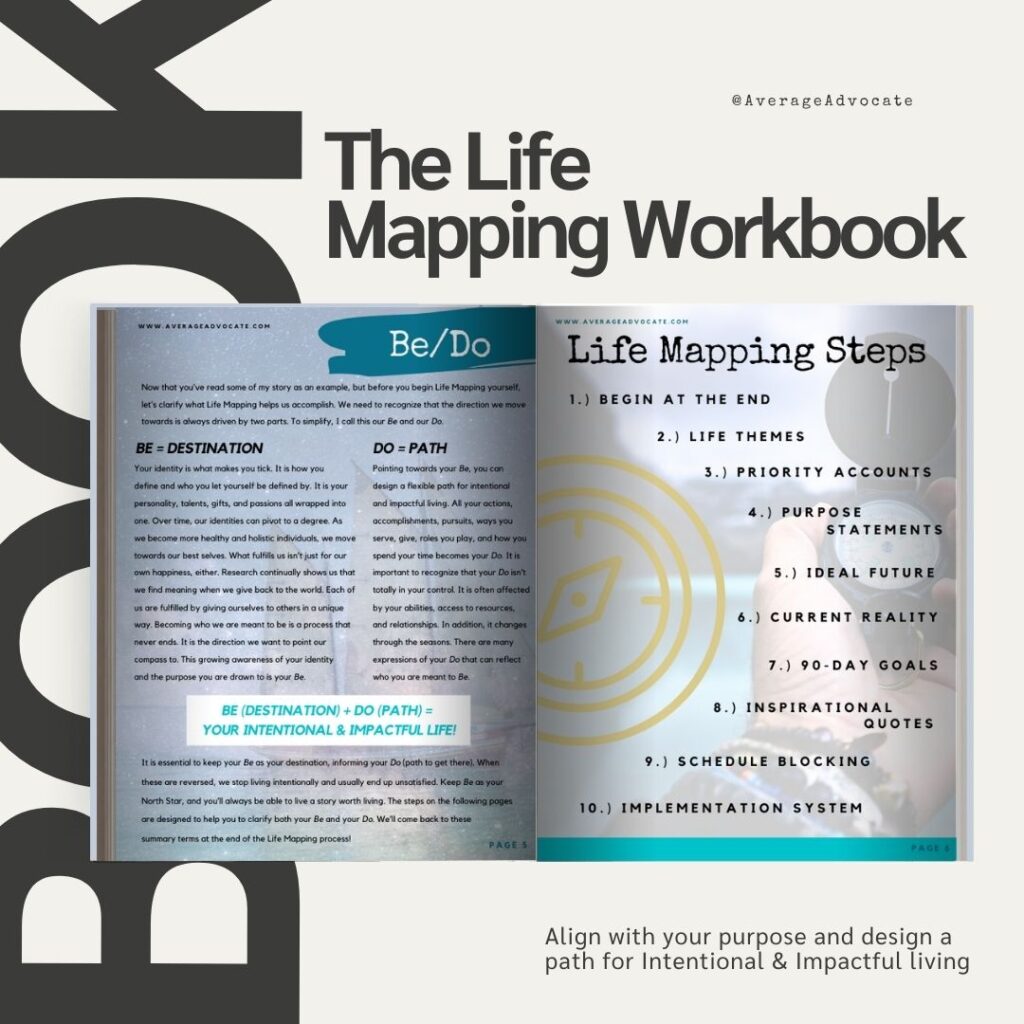It seems there are endless famines. And they only occur in Africa.
But, no, there are not endless famines. And no, they don’t only occur in Africa.
(But we should probably remember that Africa is actually pretty big. Really big and mostly very, very poor.)
Source: beautiful-afrique.tumblr.com via ElisaAverageAdvocate on Pinterest
Actually, the most severe famine in the last hundred years was called the Great Leap Forward (China, 1958–61) killing between 36 to 45 million, with a further 30 million cancelled or delayed births. Wow. Its actually rather depressing looking through the history of famines all over the world on Wikipedia. Not so sure I’d recommend it, even if it is eye-opening. Apparently hunger is much more of an issue than I am aware of. Almost a billion people (1/7th of the global population) are hungery or undernourished, posing the greatest threat to life along with lack of access to clean water. Yes, slavery is horrible. Injustice is bad. Malaria is unnecessary. Not having shoes would be no fun. But hunger still tops that list by far.
When I started Action: Little Black Dress (a fundraiser for famine), to my surprise I discovered that the actual definition of famine is actually pretty extreme. Generally, it means that almost a 1/3rd of the population is on the road of dying from malnutrition. The 2011 Famine in the Horn of Africa just ended at the very beginning of this month. But does that mean that the people in that region are now good? Well, if you consider 1/4th of the population is probably still dying as being a good thing, then yes. But that is much better than 1/3rd!
The technical term ‘famine” is applied only when all the following are true within a region:
- Acute malnutrition rates are over 30%
- 20% or more households face extreme food shortages and only have a “limited ability to cope” (whatever that means).
- There are more than 2 for every 10,000 people dying daily.
Apparently it is the UN Office for the Coordination of Humanitarian Affairs who declares famines, but the definition was created from a collaboration of many of those special global agencies, like the World Food Programe (WFP), UN Food and Agriculture Organization (FAO), Non-government organizations (NGOs) and some governments. There is a UN-backed Food Security and Nutrition Analysis Unit which picks up data in a suspected region to analyze, which is then sent to the UN, aid agencies and get this- the United States Famine Early Warning Systems Network (I know! Really? That exists?!) to make use of this information. These guys are pretty intense and logical about the data too; read this description of how the WFP decided that they needed to do something in North Korea last spring (which, little known to me, apparently had six million people who needed some major love). They are like a swat team responding to a first call.
As in the North Korea situation, they took this information and ran with it to keep a famine from occurring. I wonder how often there are these “almost famines” which never actually happen because of these massive organizations intervening. These guys seem to be pretty on top of things. Its not a surprise to them massive groups of people need assistance. Yes, it might be a surprise for the average American, but these guys know its coming and are trying to do something about it and get help while its still in the early stages of food insecurity (UN News Center, 2011). There is actually a whole system to help determine how severe the lack of access to food is:
- Food secure (I’ve always lived here)
- Food insecure
- Food crisis (There are at least 3 in Africa right now)
- Famine
- Severe famine
- Extreme famine
Or according to the United States Famine Early Warning Systems Network they define the stages as follows:
- Phase 1: No Acute Food Insecurity
- Phase 2: Stressed
- Phase 3: Crisis
- Phase 4: Emergency
- Phase 5: Catastrophe
But even with all their help, they still need ours, because all throughout the globe there are still food security issues going on. The demand for aid is much higher than the response given. And as long as there is extreme poverty, lack of development, bad social infrastructure, a not-so-good government, or political upheaval- areas of the world are still going to experience food insecurity. And if you take a minute to read the post Hunger Sucks: Understanding the Importance of Food in Developing Nations, you start realizing hunger is a lot more than just needing food. It affects body’s function, the brain, the economy, the ability to be up to standard in the future. It is a cycle.
Ideas for Action
1.) Take part in Action: Little Black Dress by wearing the same dress/shirt for a specific time period, finding a way to support others doing this, or donate $5-$500 to: http://www.crowdrise.com/littleblackdress2012/fundraiser/AverageAdvocate
2.) Challenge yourself to fast one meal/s every week or month, reminding you to be compassionate for those who are hungry and donating the cost of what you’d be eating to relief or development aid in a region where there is food insecurity. Here is a community of people who do this monthly: http://www.live58.org/
3.) Sign the http://www.1billionhungry.org/ petition.
4.) Learn about hunger by taking five minutes to browse the excellent World Food Programme website or read Hunger Sucks: Understanding the Importance of Food in Developing Nations.
5.) Consider how you can waste less while reading this infographic:
Source: my.live58.org via ElisaAverageAdvocate on Pinterest
References
“China’s great famine: 40 years later“. British Medical Journal
Dikötter, Frank (2010). Mao’s Great Famine: The History of China’s Most Devastating Catastrophe, 1958-62. Walker & Company. ISBN 0802777686 p. x
UN News Center. (July, 2011). When a food security crisis becomes a famine. Retrieved on February 28th, 2012 from http://www.un.org/apps/news/story.asp?NewsID=39113
Yang, Jisheng (2008). Tombstone (Mu Bei – Zhong Guo Liu Shi Nian Dai Da Ji Huang Ji Shi). Cosmos Books (Tian Di Tu Shu), Hong Kong.
World Food Programme (2012). Hunger. Retrieved on February 28th, 2012 from http://www.wfp.org/hunger











Trackbacks/Pingbacks